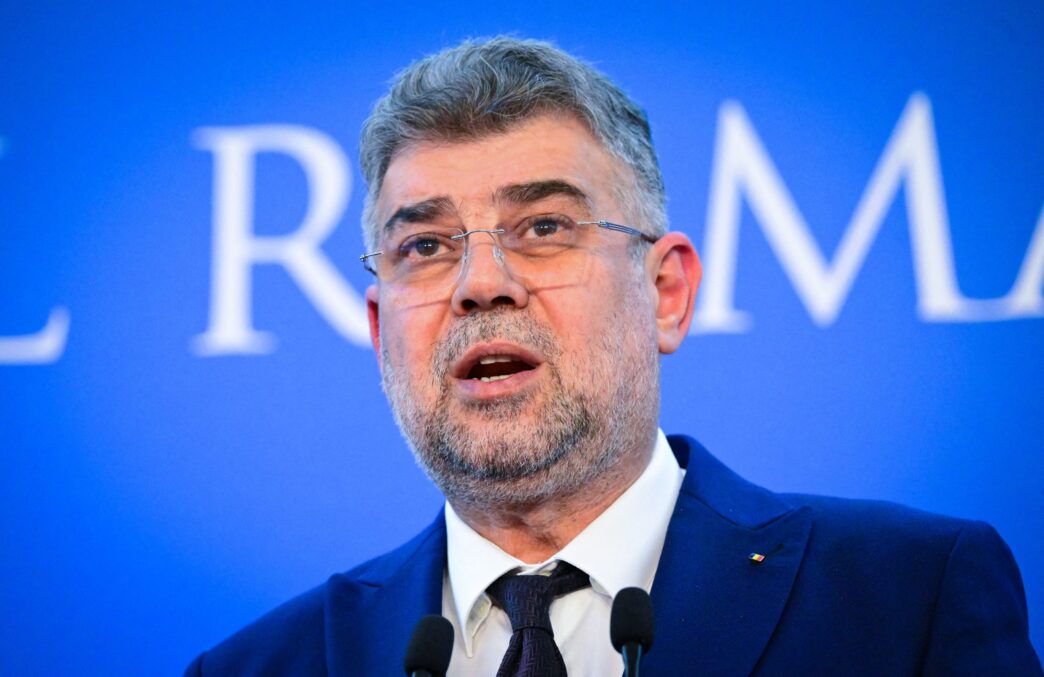Mining companies operating in Mali will no longer be exempt from value-added tax during production and will only be protected from fiscal changes for a shorter period.
The regulatory change seeks to redress the “shortcomings” of a 2012 law by bringing a “substantial increase” in the contribution of the mining sector to the economy, the Mines Ministry said in a statement.
However, some industry watchers view the code change as a new instance of so-called “resource nationalism” and will likely spark tensions between the Malian government and mining companies.
Mali is currently Africa’s third-largest gold producer.
The regulation shortens the “stability period” during which mining companies’ existing investments are protected from changes to fiscal and customs regimes.
Changes to regulatory stability clauses have been strongly opposed by international mining companies elsewhere in Africa, most notably in the Democratic Republic of Congo where miners spent months at loggerheads with the government.
Under Mali’s previous law, stability was ensured for 30 years. It was however not made clear what the length of the new stability period would be, but the Economy Ministry said last year that the government aimed to reduce those protections to the lifespan of a mine.
“It’s the reality of the playing field at the moment, a lot of companies in Mali will have looked at what happened in DRC and Tanzania and they will have to be very cautious,” said Warren Beech, partner and head of mining at Eversheds Sutherland in Johannesburg.
Mali’s government had been negotiating with a working group of mining companies to draft a new code but said last year that it would move to implement a new law unilaterally if no compromise was reached.


 Trending
Trending 

